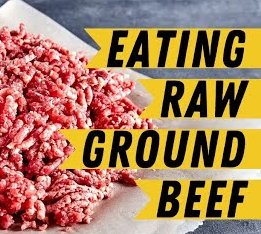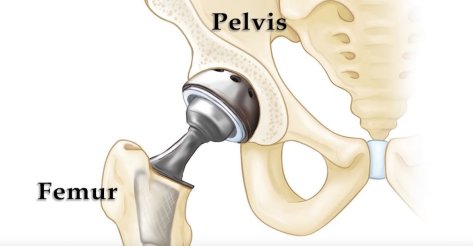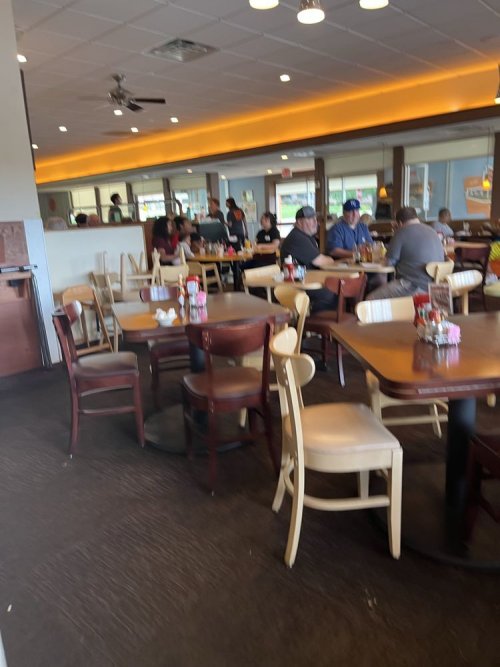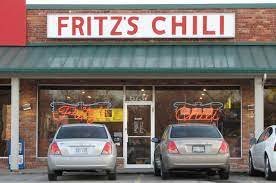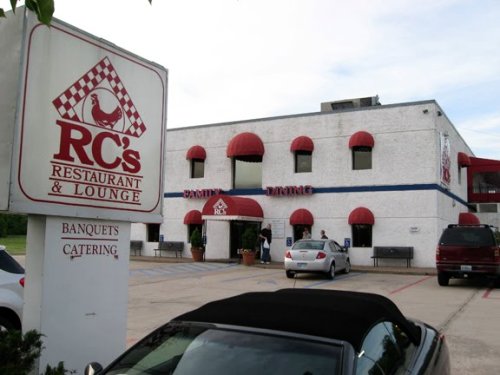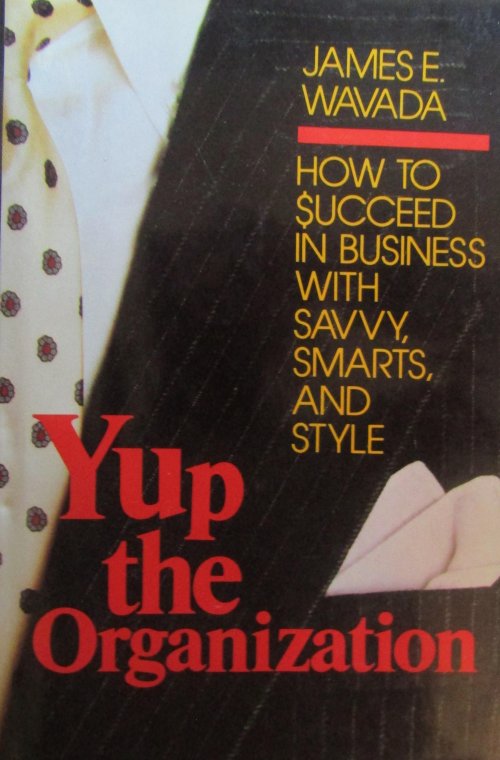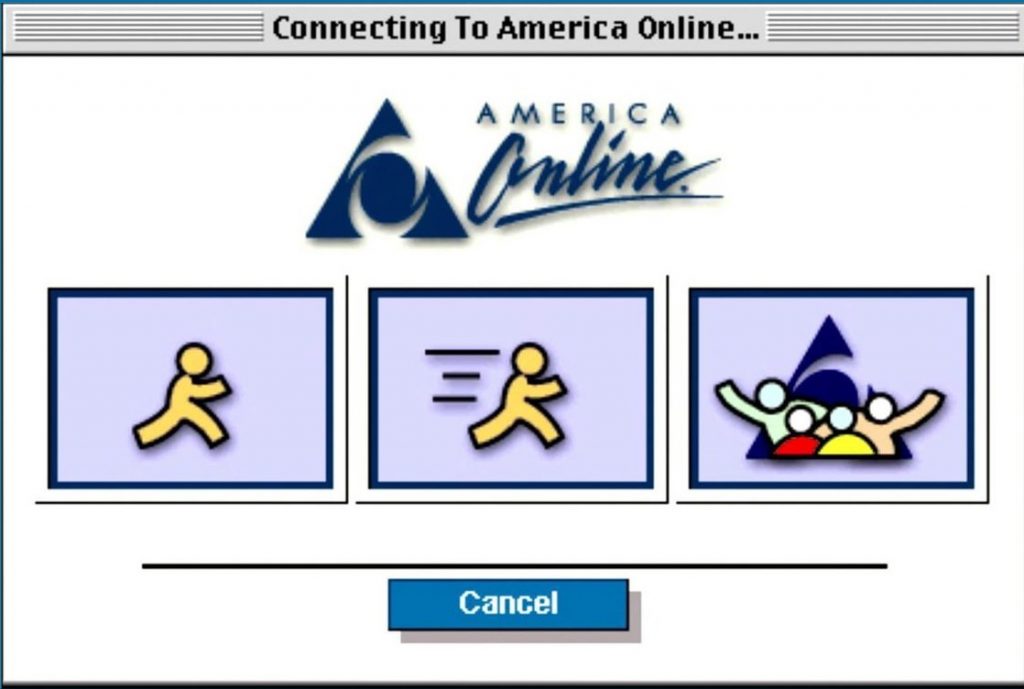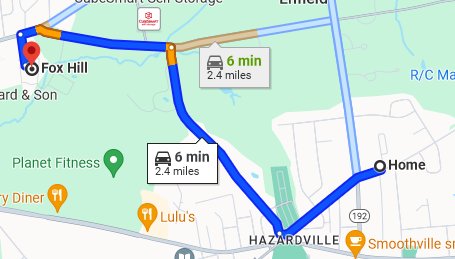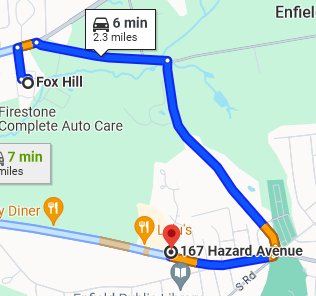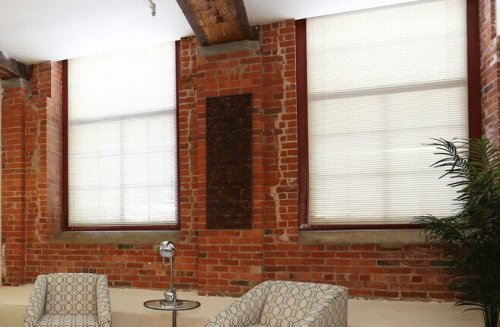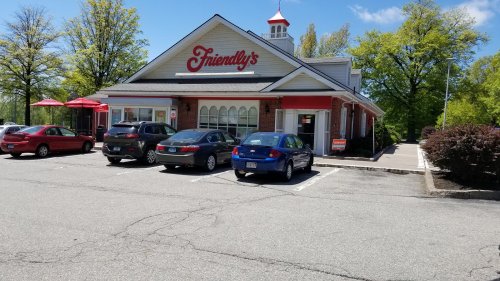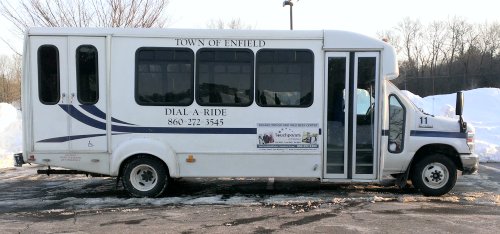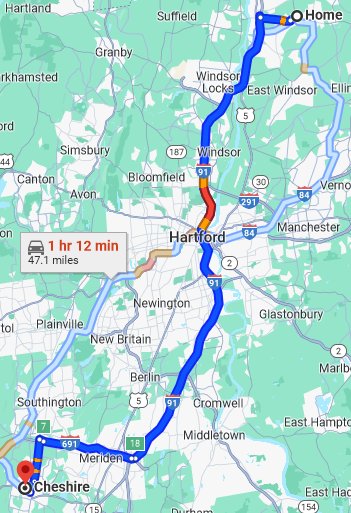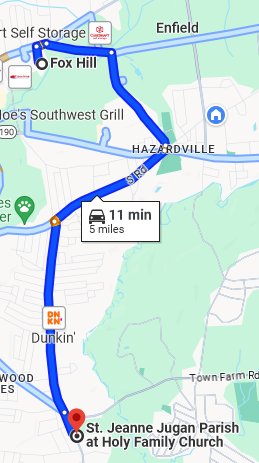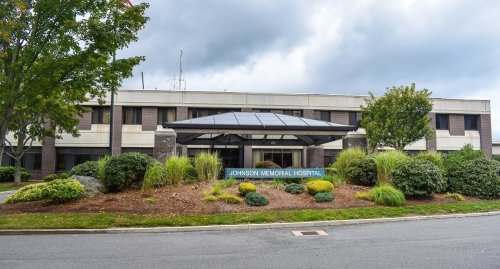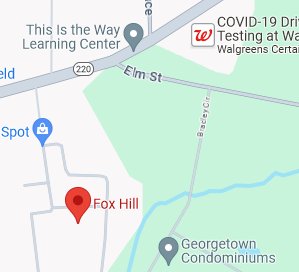Alone in Johnson County. Continue reading
In one sense my mother’s death in 1998 came as a shock to my dad. In the previous few years her health had deteriorated rapidly. However, for the vast majority of their relationship, she had been the one with the longer life expectancy. She was younger and female, she had never smoked so much as one cigarette, she had very regular habits, she made sure to get plenty of exercise, she ate healthy diet, and she drank very little.
My dad, on the other hand, smoked pretty regularly for nearly fifty years. He was not a drunkard by any measure, but he spent a lot of time with salesmen and advertising people for whom liquor was considered a lubricant. He ate whatever he felt like having (including raw hamburger!), and his only exercise was golf. Furthermore, he had had some kind of incident on a vacation in Arizona that had something to do with his heart.
Throughout their marriage mom was the head of the household. She cooked, cleaned, and did the laundry. She also paid all the bills and managed the cash. If something needed to be fixed or purchased, she took care it. My dad considered it his responsibility to provide enough income for her in the present and the future, and he definitely did that. However, he had never—at least since 1947—given much thought to the little details of daily life until my mom became incapacitated and then died. He confided to me that he always thought that he would die first, and with the insurance, pension, and investments, mom would be all right.
Shortly after mom’s death dad moved into a somewhat smaller apartment that was on the ground floor. Although I can clearly picture both it and its location, I have forgotten the address. My dad had a lot of good friends. I am quite sure that they helped him through the transition. They knew that he had depended on mom, and they gave him good advice about dealing with quotidian matters. They also kept him involved in social activities. At least once a week they had regular breakfasts together, and they invited him to other get-togethers. He also kept up his golf game, such as it was. Needless to say, he kept attending church.
Near the end of this period my dad had one of his hips replaced. I was not involved in the planning or execution, but he told me that the doctor said that the other hip was nearly as bad. His friends must have helped him deal with this as well. I remember that he seemed to be able to walk fairly well after the operation.
One problem that they could not address was his vision. Somehow the retina in his right (I think) eye became detached. He had no vision in it at all. He therefore, had no depth perception. To make matters worse, a cataract was developing in his left eye, which was more than 75 years old.
My dad’s driving ability was definitely suspect. At some point he decided to stop driving on major thoroughfares. This was a good idea. Drivers on heavily used road need good peripheral vision, and his one eye was not enough. Parking was also problematic because of the need to make precise judgments of distance.
He had planned out relatively safe routes to the places that he frequented. If we were going to one of those places—such as the house of one of his friends or a nearby eatery—he drove and I sat nervously in the passenger’s seat. More than once we went to a fairly upscale Italian restaurant in a nearby shopping center. The waiters did not know how to pronounce many items on the menu.
Although I was extremely busy during these years, I stopped in to see him whenever I could. Whenever I was scheduled for a trip to the Midwest or the West Coast I tried to add an extra day or two for a stop in Kansas City. I usually took the shuttle to and from KCI airport. We used his Ford Taurus to get around when I was there.
I made one special trip to be with him when he had the procedure to fix his cataract. Since his other eye was worthless, I had been very worried that in the unlikely event that something went wrong, he would be blind. However, when he came out his vision was much improved. He told me that he had always thought that the blue street signs in the area that he lived were green. Also, he could now see the letters clearly.
Pilgrimages: During my visits we almost always went to at least one favored restaurant that could not be reached easily on side streets or had problematic parking arrangements. I drove on those occasions The establishments that I remember very clearly were the Village Inn for huge breakfasts, Dixon’s for chili, and RC’s for fried chicken. These trips were more like pilgrimages that just dining out. Each deserves its own paragraph.
The Village1 Inn was located in Mission, KS. The only reasonable way to get there was to take Metcalf, which was a very busy four-lane road. The restaurant was similar to an IHOP, but they also offered something called a “skillet”. The menu explained, “Each skillet meat is prepared with country potatoes, two eggs, any style and served with a side of made from scratch buttermilk pancakes. Egg whites or low cholesterol egg substitute available.” That may sound like to much to eat, but the “Ultimate Skillet” added all of the following: “Two hickory smoked bacon strips, two sausage links, ham, mushrooms, green peppers, onions, tomatoes and melted cheese”. My dad usually ordered a slightly less ambitious skillet, but I generally settled for an omelette. Coffee cups at the Village Inn did not stay empty long.
Dixon’s2 chili was nothing like any you have tasted. It was Harry Truman’s favorite restaurant both before and after he was president. Their chili had no beans, but you could ask for some. However, if you demand catsup, you might be thrown out. Actually, you would only be “fined” ten cents. The chili is served on a plate. It is not very hot, but hot sauce and ground peppers are on the tables, and most diners make ample use of them. The restaurant that we patronized was on 75th St., a very busy artery. So, I always drove. Dad always ordered his with tamales. I preferred mine dry. The recommended beverage was RC Cola.
My mother made good fried chicken, but when I was growing up there were still several places in the Kansas City area that made exceptionally good fried chicken. When I was growing up our go-to restaurant for this delight was Boots and Coates. Later my dad found another good one in Martin City on 135th St., RC’s3. If I was in KC for more than one day, we drove there for supper.
The computer: My dad wrote a satirical book, Yup the Organization4, that was published in 1986. I am pretty sure that my mom typed the manuscript for him. No one else could read his handwriting, which to me always looked like rain.
He had other ideas for books. He somehow came into possession of a semi-computer made by Brother that could do word processing but nothing else. After mom died, he wanted to buy a computer so that he could send and receive emails, mostly from me. Someone else helped him buy it. It was left to me to describe how to use America Online.
It was hard for him to see the cursor. I adjusted it so that it was larger. Then I set up his account. I created an icon on the desktop for AOL.com. I showed him how he could move the cursor around by making similar movements of the mouse. I did not explain precisely how the mouse was able to cause this. Instead I had him practice double-clicking5 on the AOL icon. He finally got it to work, and the login screen appeared. He entered the user ID and the password that I had previously established. Almost as soon as he pressed Enter, the computer’s speakers greeted him with, “You’ve got mail!”
My dad was excited and justifiably proud of his accomplishments. Although I advised him strongly just to delete the items that appeared in his Inbox, he insisted on opening the first one. When he double-clicked on it the contents appeared on his screen. It was explicit pornography6 in vivid colors.
In shock he lifted the mouse off of its pad and waved it at the screen as one might use a crucifix to ward off a vampire. I despaired at the prospect of talking him through deleting the email. Instead, I wrested the mouse from him and did it myself.
Dad was eventually fairly competent in the use of text-based email. I never attempted to teach him about images or attachments.
I also tried to help my dad with word processing. He could enter and edit the text, and he knew how to save it. I tried to teach him how to copy and paste. He just could not seem to understand the concept at all, and, despite the fact that I had trained hundreds of people to do tasks much more complicated than copying and pasting, I eventually gave up.
So, he used the word processing on the computer in essentially the same manner as he used his old word processor—hunting, pecking, editing, saving, and printing.
He wrote two more books. I read them, but I did not like them. One was an insider’s look at how dad’s insurance company had gotten Senator Bob Dole to rescue them from a tax mess. The other was a fictional story about three brothers.7 Dad tried to get the Dole book published, but it never happened.
Other adventures: My dad loved to play golf. His vision limited his ability to do it. For a while a friend of his walked with him and spotted his ball for him. I don’t know how dad could have gauged the distance on putts. In all the time that I played with him, I never saw him measure a distance in number of strides, and doing such a calculation would have been foreign to the nature of someone who could not balance his checkbook.
I did not play any rounds of golf with him during this period, but we did go to a driving range together a few times. I had to describe to him how much slice he had imparted to each shot. He always said something like, “I’m not coming through the ball enough.” I had no idea what this meant.
I attended two or three of the all-male breakfast gatherings of my dad’s friends. At one of them someone asked me about my business. I explained how we installed AdDept systems to administer the advertising departments of large retailers such as Macy’s and Saks and how TSI was in the process of developing and marketing a service called AxN to process insertion orders from the retailers to their newspapers. Some of the guys were quite interested in the latter project.
I often ran a few miles in the morning. Once, on a fairly warm day, I did ten miles, and it wore me out. When I got to the apartment I lay motionless on the carpet. Dad nearly freaked out. I had overdone it a bit, but within ten minutes I was functional again. That’s what it is like to be a runner. You recover much faster than people think.
On September 18, 2004, dad and I watched the football game between Michigan and San Diego State, then coached by Brady Hoke. It was a terrible game. SDSU was ahead 21-17 at the half. As the teams left at halftime, the field announcer asked Lloyd Carr what he expected in the second half. He tersely said, “I expect a comeback.” U-M scored a touchdown early in third quarter. After that it was an excruciating duel between the two punters.
The big move: In 2005 my dad was diagnosed with macular degeneration in his left eye. He was given treatments to arrest it. They seemed to work, but he was still legally blind. He could not drive.
The area of KC that he lived in had no public transportation to speak of. I proposed that he sell his car and move closer to me and Sue.8 He wanted to give me his car, but I did not want it. I liked my car, and when I stopped liking it, I wanted to pick out my own model and color.
I expected that after he came to the area he would live in an apartment for a little while. Meanwhile Sue and I would erect an addition to the north side of our house tin Enfield to provide him with a place to stay. We did eventually add on to the house, but by then I had come to realize that the idea of him moving in with us would not work for a large number of reasons. It hurt me that I did not keep my promise, but I don’t know how I could have.
So, he lived by himself in apartments in Enfield for six years. That story is related here.
1. In 2023 The Village Inn in Mission appeared to be thriving. Sue and I also frequented the one in Clearwater, FL.
2. Dixon’s was renamed Fritz’s Chili at some point. However, no changes were made when the restaurant in Overland Park was purchased in 1967. It closed in 2018, one day before my dad’s 96th birthday, which he celebrated in another realm.
3. In 2023 RC’s was sold to a couple who announced their plan to leave fried chicken on the menu but also serve Thai food!
4. In 2023 dad’s book was still available on the Internet. He let me read the manuscript that he had submitted. It was pretty good. There was one vignette about a meeting that I particularly enjoyed. Unfortunately, the editor made him remove that item because he (or maybe she) found something potentially offensive. The end result was a work that could not decide whether it was satirical of a self-help book. The nonsensical title was also the editor’s idea; the book made no mention of Yuppies.
5. This took some time. My dad was extremely left-handed, but he used his right hand for the mouse. So, his right forefinger was challenged to perform an activity that his left hand had not yet mastered. Furthermore, to my knowledge he had never performed any kind of fine movement with his right hand. He had never learned the basics of any musical instrument. His typing was strictly hunt-and-peck, and he generally did more hunting than pecking.
6. This might have been the only pornography that my dad ever witnessed. Although he was a contemporary of Roger Sterling, he had a very different set of values. Foul language and off-color jokes or stories were not tolerated in our house. There was no mention of sex at all in my family.
7. Yes, my dad had two brothers and no sisters. He read almost fiction. The only fictional book that he read while I knew him was The Godfather by Mario Puzo, which he read on someone else’s recommendation. He could not get past the language. His own novel had no setting. He left every aspect of the background story vague. I found it almost impossible to read. In fact, I could not get through it.
8. Jamie moved to Birmingham AL in 1999, as is explained here.


